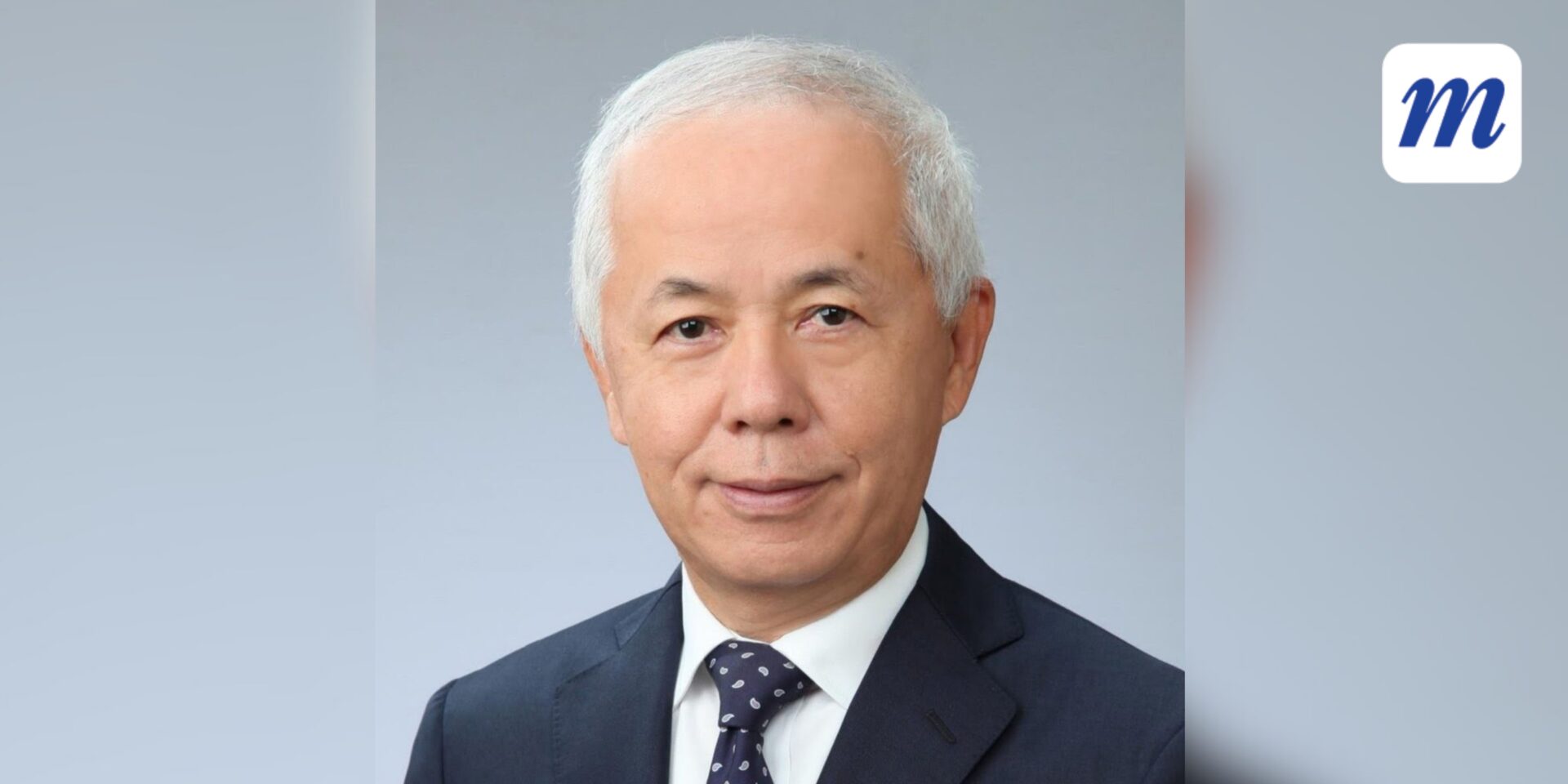Both developed and developing countries should pursue long-term energy planning flexible to changing circumstances, said a World Energy Council representative, noting that “industrial competitiveness” now factors alongside the energy trilemma.
“The energy transition takes many years. It doesn’t happen in one day or one year. Sometimes it takes two or three decades,” said Naomi Hirose, Chair of Impact in the World Energy Council. “That’s why governments should have a clear plan for the next 20 to 30 years, then monitor how you achieve that.”
“The government needs to have a clear picture of the country and how the country will develop in the future,” he added. “In the Philippines’ case, [it should be asked] how it would develop economically so that the kind of energy needed in the future [is planned out].”
The energy trilemma balances energy security, energy equity (affordability and accessibility), and environmental sustainability. Hirose noted that industrial competitiveness has emerged as a fourth dimension.
“Since all of them are very important, effort must be made to balance all three. But this is not easy because these objectives often conflict with each other, creating trade-offs,” Hirose explained during a sustainability talk hosted by Aboitiz Power Corporation.
“As the price competitiveness of Chinese products is intensifying in many countries and with the new Trump administration in power, many countries are turning inward to maintain and strengthen the competitiveness of their own industries,” he observed.
For the Philippines—a country of over 7,600 islands reliant on energy imports with three million households still without electricity—Hirose emphasized energy security.
“The most important part that the Philippines should focus on is energy security,” he said. “In order to address that problem, a decentralized power system for each island is an area the country should focus on.”
According to the 2023 World Energy Trilemma Index, the Philippines scored 56.9 out of 100 overall, with ratings of 59.3 in energy security, 49.4 in energy equity, and 64.4 in environmental sustainability.





